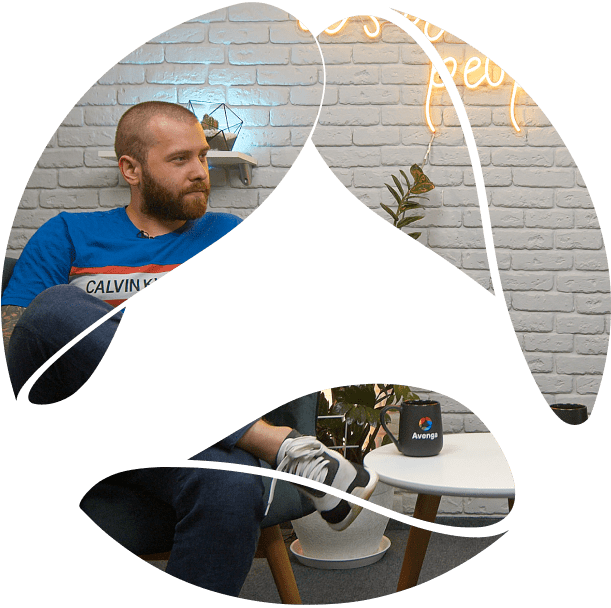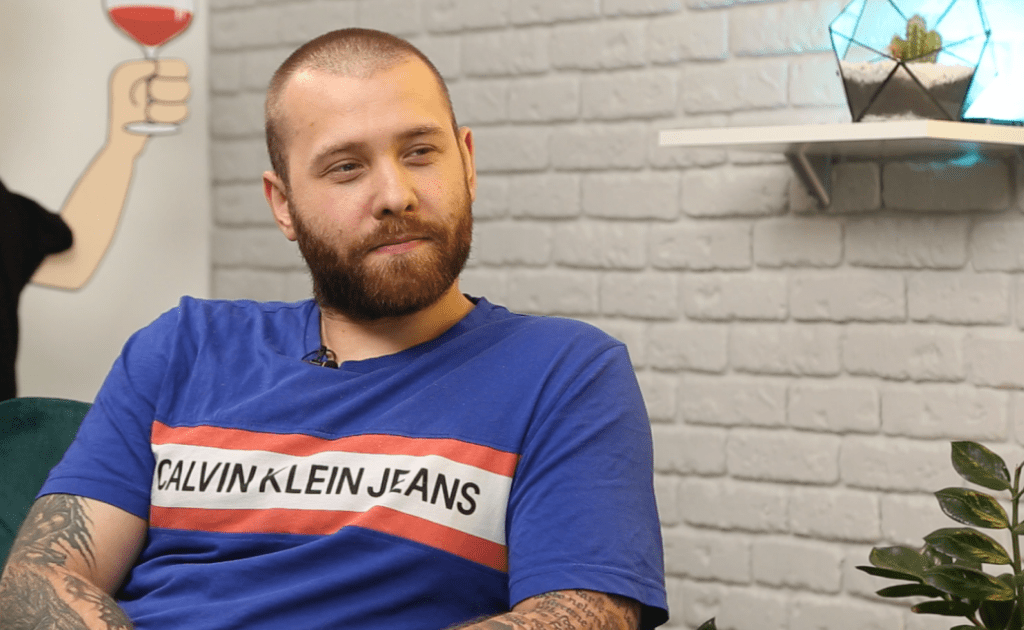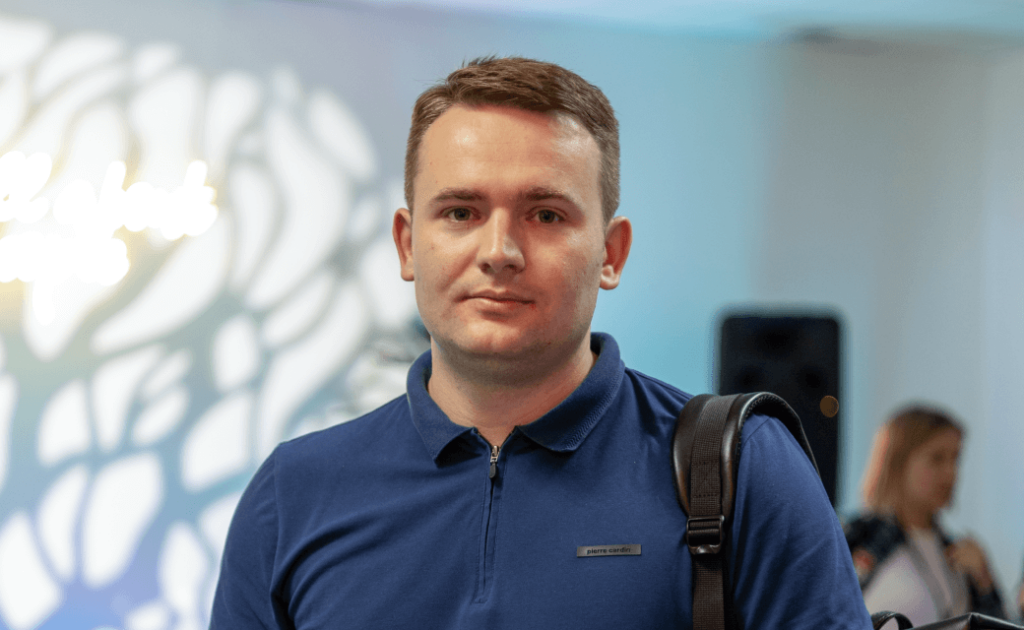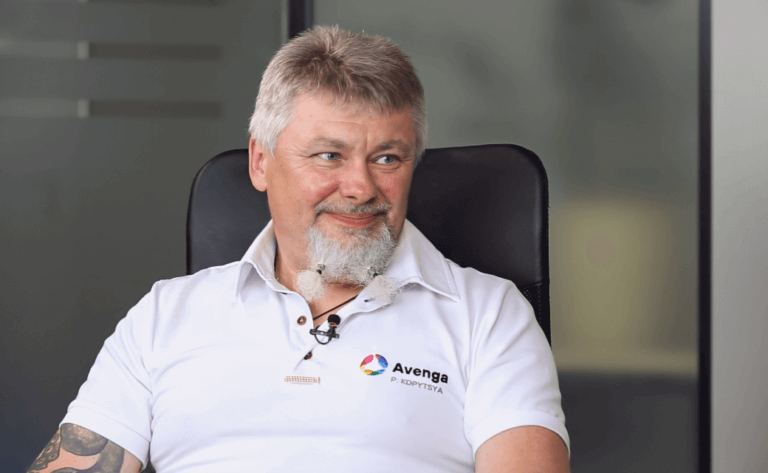Tell us please, is it hard for you to find, choose and bring up talents?
Well, to bring them up is not hard, to look for them and to choose is difficult. The problem is rather the quality of the talents, and what people think they need to know, and the fact that they think it’s enough for them. It’s my opinion.
Apart from some solely technical skills, the engineering culture as such is important for me. Some soft skills show that the team will work, even if on different projects, on different accounts, but still it will work as an integral organism, it will go forward in the same direction. Yes, it complicates life personally for me, in the sense of the selection of candidates and the number of interviews, but I wouldn’t agree with something different, so it’s the way it is.
Tell us what you like the most and how you manage to combine coding and leading the team. Do you need to give up something at some point to become, say, a more successful team manager, you need to give up writing the code, or vice versa?
Well, actually, there’s no way to combine that. For now, for the last year, I hardly wrote anything, in the sense of some commercial code, if only for myself at home to remind myself of some things or just not to lose some basic skills.
I have to be up-to-date, let’s say it that way. And how am I supposed to do it, just read about that? Well, I need to try how it works, what kind of snags there are. And it’s interesting for me, after all.
Well, and when you lead a team, you need to make explanations because our team at Avenga consists of around 100 people, and there are different projects, different accounts, different domains of these accounts and projects. Therefore it’s a constant context switching.
Sometimes you have to help with the architecture, sometimes you have to help just with the management, sometimes you have to go to a call with a customer or something like that. So there’s physically no time left for enterprise coding.
But generally, maybe that’s what I was aiming at consciously, and for me, management and working with people, with the squares of the architecture, with the customers, I like it more than writing the code as such.







